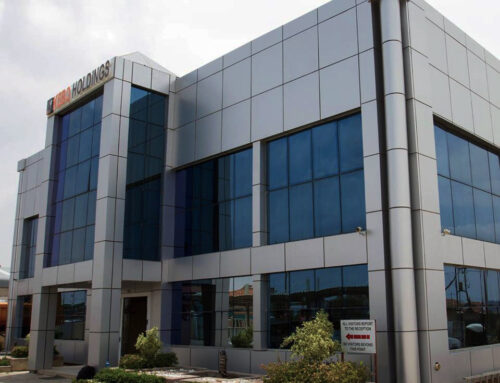
The Botswana Confederation of Commerce, Industry and Manpower (BOCCIM) was created in 1971 by a group of employers to support the interests of Botswana’s business community. Maria Machialo-Ellis, CEO for the past seven years, discusses BOCCIM’s priorities and current projects.
European Times: What are BOCCIM’s main goals?
Maria Machialo-Ellis: BOCCIM has three major roles. These are to advocate for the private sector in discussions with the government; to help our members boost their competitiveness through assisting them concerning labour relations; and to serve as a networking platform through which our members can interact with each other and meet potential investors. BOCCIM hosts a national convention every two years and a golf event every year to provide an opportunity for SMEs and larger companies to meet, and at least twice a year we organise trade missions in Botswana and abroad.
European Times: What are some of BOCCIM’s major accomplishments?
Maria Machialo-Ellis: BOCCIM’s advocacy efforts have helped to make Botswana’s regulatory environment much more business-friendly. BOCCIM’s representatives meet with the ministers of each sector four times a year to discuss the needs of that particular sector. More importantly, BOCCIM meets twice a year as Botswana’s High Level Executive Council, led by the State President, to discuss private-sector issues. BOCCIM’s advocacy has led to the creation of the many institutions that support business, amongst others; the Botswana Bureau of Standards, the Botswana Investment and Trade Centre, the Botswana Productivity Centre, and the Citizen Entrepreneurial Agency.
European Times: Can you describe BOCCIM’s relations with the government?
Maria Machialo-Ellis: The government sees BOCCIM as a trusted partner and a technical advisor. Our relationship to many international organisations – including the SADC Chamber of Commerce and Industry, Business Africa, the International Organisation of Employers and the International Chamber of Commerce – position us as a knowledgeable voice for the private sector and a bridge to government. Our biggest challenge right now is to convince the government to allow the private sector more autonomy by transferring public enterprises into the hands of the private sector (Privatisation) rather than assuming a protective parental role. BOCCIM advocates for more privatisation.
European Times: What are some of BOCCIM’s current projects?
Maria Machialo-Ellis: BOCCIM is establishing local regional and sectoral chambers of commerce to make sure that all regions of Botswana have a voice. On the national level, BOCCIM will continue to focus on capacity-building and to serve as a liaison between the private sector and the government of Botswana. We also welcome the chance to assist foreign investors looking to take advantage of the significant opportunities Botswana offers today.





